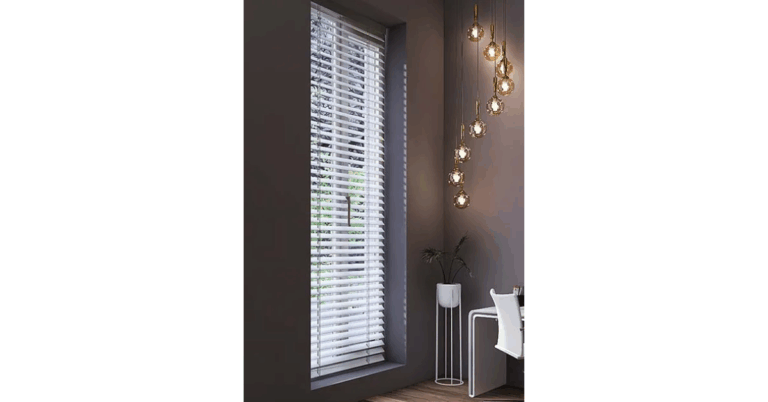Sustainable Decking Options for Eco-Friendly Outdoor Spaces
When considering decking materials that are kind to the environment, wood is a popular choice. However, it’s essential to opt for sustainably sourced wood, such as cedar or redwood, to ensure that forests are being managed responsibly. These types of wood decking not only provide a natural aesthetic but also have a lower carbon footprint compared to other non-renewable options.
Another environmentally friendly decking material gaining popularity is recycled plastic lumber. Made from recycled plastics like grocery bags and containers, this decking option diverts waste from landfills while offering a durable and long-lasting alternative to traditional wood. Recycled plastic lumber requires minimal maintenance and is resistant to rot, mold, and insects, making it a sustainable decking choice for eco-conscious homeowners.
Composite Decking: A Low-Maintenance Option
One of the most popular choices for decking material is composite decking due to its low-maintenance nature. Composite decking is made from a blend of recycled wood fibers and plastic, providing a durable and long-lasting surface that does not require staining, sealing, or painting like traditional wood decks. This makes composite decking an attractive option for those looking to spend more time enjoying their outdoor space rather than constantly maintaining it.
Additionally, composite decking is resistant to rot, mold, and insect damage, making it a practical choice for areas with high humidity or inclement weather. Its longevity and durability result in a cost-effective solution in the long run, as homeowners can avoid the expenses and labor associated with annual maintenance. With a wide range of colors and styles available, composite decking offers versatility and aesthetic appeal while remaining a low-maintenance option for outdoor living spaces.
Bamboo Decking: A Renewable Resource
When it comes to decking materials, bamboo stands out as a renewable resource that offers a sustainable option for environmentally conscious homeowners. The rapid growth rate of bamboo makes it a highly renewable material compared to traditional hardwoods, which can take decades to mature. By choosing bamboo decking, you are not only making an eco-friendly choice but also supporting the preservation of forests and natural habitats.
In addition to its environmental benefits, bamboo decking is known for its durability and strength. This natural material is resistant to moisture, rot, and pests, making it a low-maintenance option for outdoor spaces. With proper care and maintenance, bamboo decking can last for years while maintaining its natural beauty, making it a practical and sustainable choice for decking projects.
What are some types of environmentally friendly decking materials?
Some environmentally friendly decking materials include recycled plastic lumber, composite decking, and bamboo decking.
How does composite decking compare to traditional wood decking?
Composite decking is a low-maintenance option that is made from a combination of wood fibers and recycled plastic. It is more durable and longer-lasting than traditional wood decking.
What makes bamboo decking a renewable resource?
Bamboo is a fast-growing plant that can be harvested and regrown quickly, making it a sustainable and renewable resource for decking materials.
Is bamboo decking as durable as traditional wood decking?
Bamboo decking is actually stronger and more durable than traditional wood decking, making it a great choice for outdoor spaces that require a sturdy and long-lasting material.
How does bamboo decking compare in terms of maintenance?
Bamboo decking requires minimal maintenance, as it is naturally resistant to rot, decay, and insects. It can be cleaned with a mild soap and water solution, making it an easy and low-maintenance decking option.






